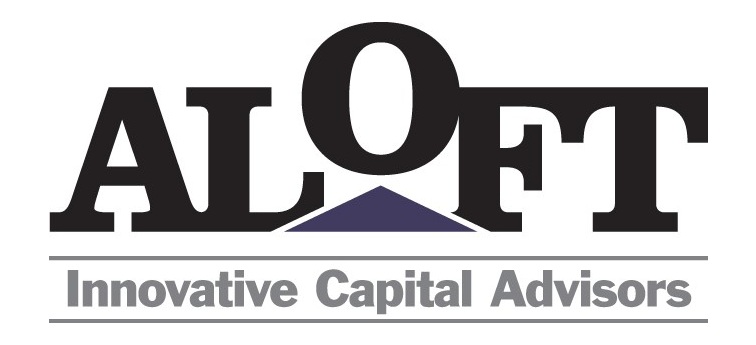By now, every small business owner is familiar with the Paycheck Protection Program (PPP) that was created by the CARES Act in March 2020. Of course, you also realize that the CARES Act was a congressional action intended to help small businesses weather the economic impact of COVID-19 shutdowns around the country. What you may not have thought about is how does a PPP loan impact the ability to buy or sell a business?
It is probably more complicated than you realize. In a typical business sales transaction, there are a couple of things that will happen with liabilities. One, if the transaction is an “asset purchase” the buyer and seller will agree to which liabilities (if any) the buyer will assume. Alternatively, if the transaction is a stock purchase, generally the buyer agrees to also acquire the liabilities, whether known or unknown.
So why is PPP different? As you will no doubt remember, the main attraction for these loans was the ability to have the entire loan forgiven, if all the loan proceeds were used as mandated. The main requirements were for the loan to be used mostly for payroll expenses, with some ability to also pay some rent, utilities, and interest payments.
Herein lies the problem. While PPP forgiveness seems like it should be straight-forward, the fact that the SBA changed the rules several times during implementation of the program has lenders concerned. While the ability to start the forgiveness process started on August 10th, there are still very few lenders actively accepting forgiveness applications. One concern is that there are still some rules revisions to come.
Furthermore, depending on the language in the actual promissory note, selling the business with an outstanding PPP loan could be an event of default. Lenders were not required to use a standard SBA note when PPP loans were originated, so language could vary by lender.
Lastly, if a buyer does close on a business with an outstanding PPP loan, they open themselves up to the possibility the loan will not be fully forgiven. Not completely understanding what the business used the proceeds for, not knowing if good records were maintained, or a later change in the rules could really leave the new owner in a bind.
Unfortunately, numerous small business sales and acquisitions have been held hostage by this situation. While there are ways (with the help of your attorney) to navigate this issue, getting completely past the PPP forgiveness process may be the best alternative for most buyers and sellers.
If you have more questions about your PPP situation, reach out to me at jeffw@aloftcapital.com.
